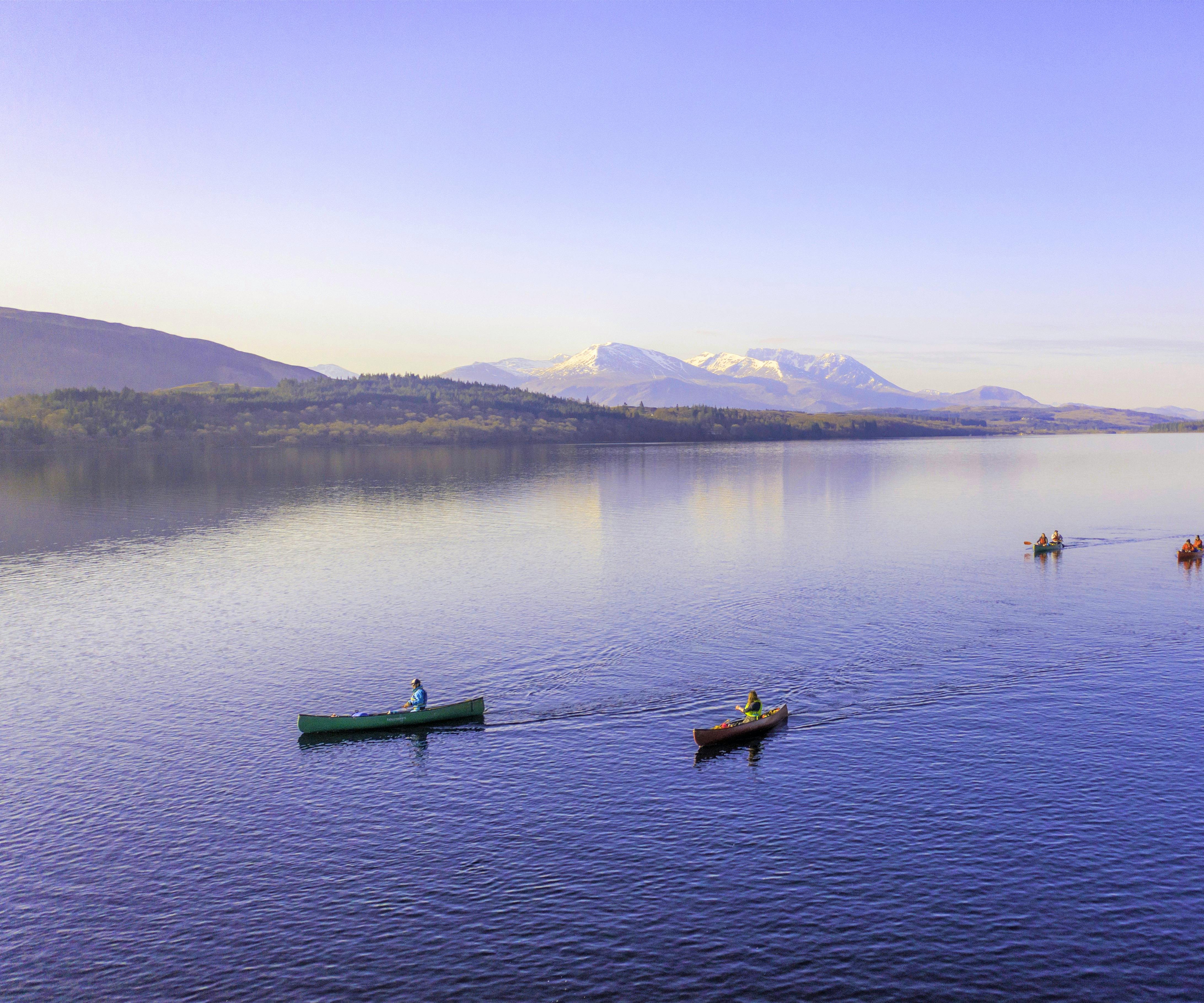Do You Need A Guide For Everest Base Camp Trek? What Nepal's Regulations Say
Doing the EBC trek is the adventure of a lifetime, but do you need a guide for the Everest Base Camp trek?
This question often pops up for aspiring trekkers. We're here to provide the most up-to-date and practical information to answer that query.
Do You Need a Guide For An EBC Trek?
The short answer is yes, you need to take a guide on your EBC trek - and not just any guide, but a licensed one.
Nepal's government has implemented new regulations that require all trekkers to hire a licensed guide and porter for their journey. This change aims to enhance the safety of trekkers and ensure responsible tourism, as the guides are trained to handle emergencies and are well-versed in the local terrain and culture.
These regulations aren't just red tape; they're designed to protect you. Guides can help you acclimate to high altitudes, which is crucial for avoiding altitude sickness.
They're also your go-to resource for understanding local customs and getting the most out of your trek.
So, while you might be an experienced hiker, the EBC hike is a unique beast that's best tackled with a knowledgeable guide by your side.
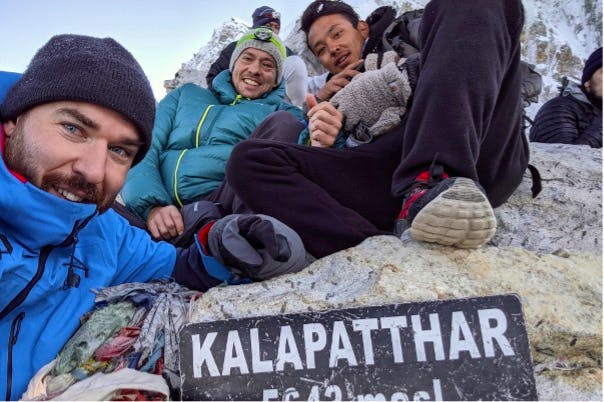
Adventurers, Everest Base Camp Guides and Porters: A Match Made in Heaven?
Now that you know that a guide is required on an EBC hike, what does that mean for your pocket and the experience?
The Financial Aspect
Let's talk numbers. Hiring a guide and porter for your EBC trek is an investment, but it pays off in safety, knowledge, and peace of mind.
On average, you can pay around $25 to $30 per day for a guide and about $15 to $20 per day for a porter. Read about the full cost to hike to Everest base camp.

Latest Deals
What Guides and Porters bring to the table
When trekking through the rugged terrains leading to Everest Base Camp, having a good guide by your side is like having a walking encyclopedia and a logistical wizard rolled into one.
First off, their expertise in navigating the trail is invaluable. They know the best route to Everest Base Camp, the ones to avoid, and the perfect spots for those Instagram-worthy shots.
But it's not just about the trail. These guides are often locals who have a deep understanding of the culture and landmarks you'll encounter.
They can introduce you to the rich Sherpa culture, explain the significance of the prayer flags you'll see along the way, and even guide you through the local customs and etiquette.
Lastly, let's talk logistics. If you've ever tried to plan a trek yourself, you know that the devil is in the details. Permits, lodging, and even meal planning can quickly become overwhelming.
Your guide can handle all these logistics, ensuring you have the necessary permits and a warm bed in a teahouse at the end of each trekking day.
In terms of a porter, if you're not keen on a carrying your main backpack, then a porter is a great investment. They can carry up to 25kg of weight, so if there are two of you, then one porter shared is a great way to save cost and reduce the weight you need to carry.
So, while you focus on soaking in the breathtaking views and pushing your physical limits, your guide and porter handle the nitty-gritty, making your trek smoother and more enriching.
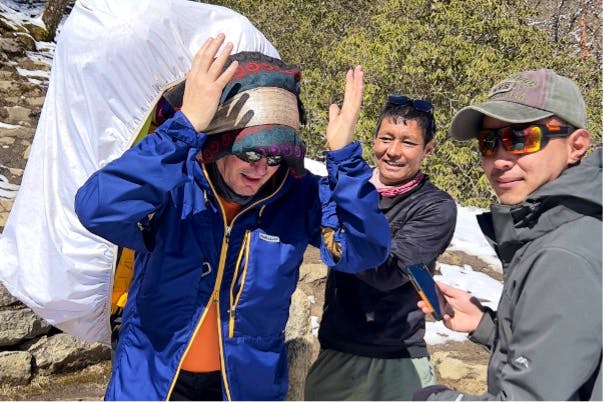
The Experience: What to Expect with a Guide
Embarking on the Everest Base Camp trek with a guide transforms your journey from a mere hike to an immersive experience. Your day-to-day life on the expedition becomes a blend of physical challenge and cultural enrichment.
Each morning, a good guide should brief you on the day's itinerary, including the Everest Base Camp trek distance to be covered, the terrain, and any notable landmarks you'll pass.
They'll also provide Everest Base Camp trekking tips on tackling specific challenges, like steep climbs or rocky paths up Kala Patthar.
As for teahouses, these aren't just pit stops but an integral part of the trekking experience.
Contrary to the name, Everest Base Camp tea houses offer much more than just tea. They provide basic but cosy accommodation, warm meals, and a chance to socialise with fellow trekkers.
Your guide will usually have established relationships with these teahouses, ensuring you get the best rooms and meals available. It's also an opportunity to try local dishes like dal bhat, a traditional Nepalese meal.
Having a guide enriches your trek in ways you might not have imagined. They help you navigate the trails and cultural landscape, making your journey both enlightening and enjoyable.
Did you know? "Dal Bhat" literally translates to "lentil soup and rice" in Nepali. It's a staple meal that provides a balanced diet for trekkers and locals alike. Nutritious and delicious!
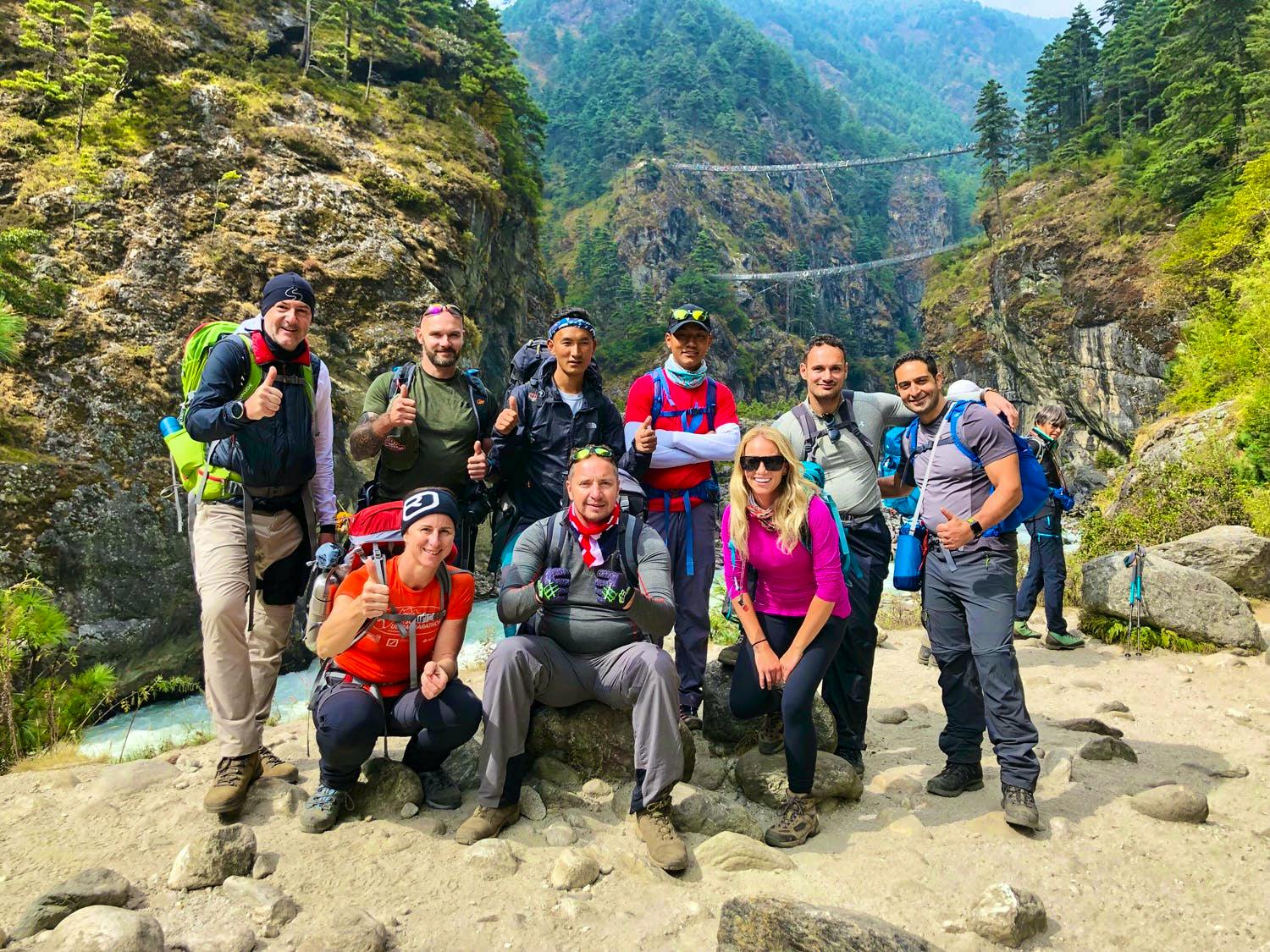
Alternatives and Exceptions: Can I Go Without a Guide?
You might wonder, "Are there any loopholes or exceptions allowing me to trek to EBC without a guide?"
The straightforward answer is no, especially with Nepal's new regulations in place as of April 2023.
These rules are non-negotiable and apply to everyone, regardless of your trekking experience or familiarity with the region.
However, it's worth noting that many trekkers have attempted the EBC hike solo before these regulations. While their experiences varied, the consensus from many that I have spoken to is that the risks outweighed the benefits.
Even if you're an expert hiker, the Everest Base Camp trek presents unique challenges like high altitudes, unpredictable Everest Base Camp weather, and complex logistics that make a guide indispensable.
So, while the adventurer in you might be tempted to go it alone, the regulations—and the collective wisdom of those who've gone before you—strongly advise against it.
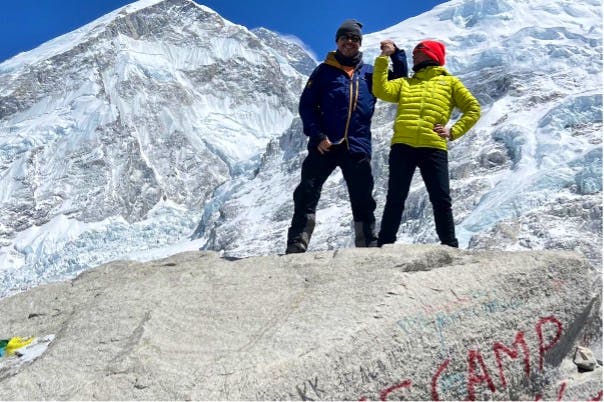
Conclusion
Embarking on an Everest Base Camp trek without a guide is against Nepal's regulations and a gamble with your safety and experience.
A guide offers invaluable expertise, cultural insights, and logistical support, making your journey both enriching and secure. So, as you plan your trek of a lifetime, remember that a guide isn't just an option; it's a necessity.
More EBC Articles
Popular EBC Trips
Find your next adventure
Why Skyhook?
Join over 27,000 Skyhook adventurers who've used our platform to book directly with our vetted local guides, at local prices (we never markup).
Expert Local Guides
Experienced local guides, handpicked by us.
Best Prices
Never pay a markup on the local guide's price.
Exclusive Club
Earn loyalty rewards every time you travel.
Great Social Vibes
Small group tours provide a richer experience.
Stellar Feedback
Over 2,800 reviews, average of 4.9/5 stars.












